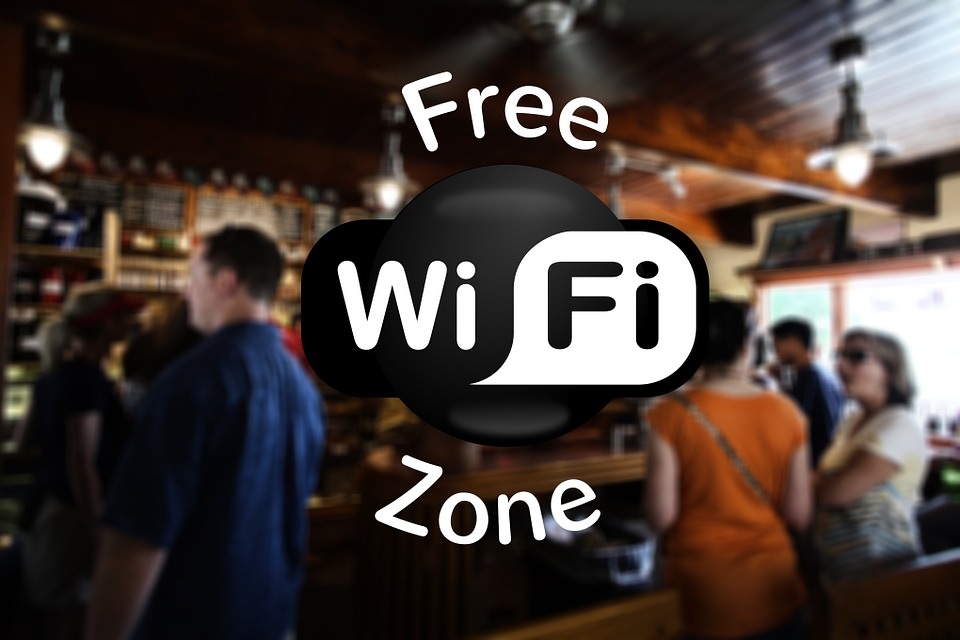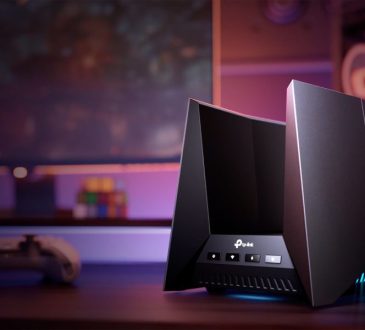
We’re living in the age of interconnectedness. With a sizable percentage of Americans constantly in possession of internet-capable devices, people have grown accustomed to having perpetual access to the web. Although public Wi-Fi was once something only found in libraries and coffee shops, it can now be accessed in a seemingly endless array of businesses. While having ready access to the web is certainly convenient, public Wi-Fi usage comes with its fair share of security risks. Anyone looking to protect themselves when surfing the net in public can benefit from the following pointers.
Use a Virtual Private Network (VPN)
If you want to keep your online experience safe from prying eyes, a virtual private network (VPN) may be just what the doctor ordered. A reliable VPN routes your web traffic through a secure network, effectively providing you with all the benefits of a private network – even when you’re on public Wi-Fi. VPNs also encrypt users’ online activity, making spying and hacking virtually impossible. VPNs are available in both free and paid varieties. Unsurprisingly, paid VPNs tend to be more stable and offer more enhanced protection than their free-to-use counterparts. A subscription to a dependable VPN shouldn’t run you more than $50 a year – which is a small price to pay for peace of mind.
Avoid Automatically Connecting to Public Hotspots
Many mobile devices are preset to automatically connect to every Wi-Fi hotspot they come across. Allowing your device to connect to a Wi-Fi network without your permission is never a good idea. While it’s true that your device will automatically connect to some relatively safe networks, it’s also likely to connect to malicious networks created for the express purpose of stealing your data. With this in mind, make a point of disabling the auto-connect setting before using a new smart phone, tablet or computer. If you’re unclear on how to locate and/or disable this setting, consult the device’s owner’s manual or the manufacturer’s website.
Be Mindful of Network Names
Even after disabling the auto-connection function on your mobile devices, you’ll need to exercise caution when manually connecting to public networks. Some data thieves create malicious networks in the vicinity of popular hotspots and assign them names they hope won’t arouse suspicion. For example, many of these networks have innocent-sounding names like “Library_Wi-Fi” and “CoffeeShopNetwork.” In the interest of maximum security, always ask for the name of a store, restaurant or business’s network before connecting. Businesses with secure Wi-Fi networks designed to elicit consumer insights are to appreciate being made aware of any fraudulent networks in the area.
With data theft on the rise, you can never be too careful when using public Wi-Fi. A single slip-up can result in compromised financial information and other potentially harmful breaches of privacy. Fortunately, keeping yourself safe when using public Wi-Fi doesn’t have to be an uphill battle. Arming yourself with the proper knowledge and exercising basic caution can go a long way in securing your browsing experience. In the quest to protect yourself from the security risks associated with public Wi-Fi usage, remember to use a VPN, disable auto-connect and be mindful of network names.



